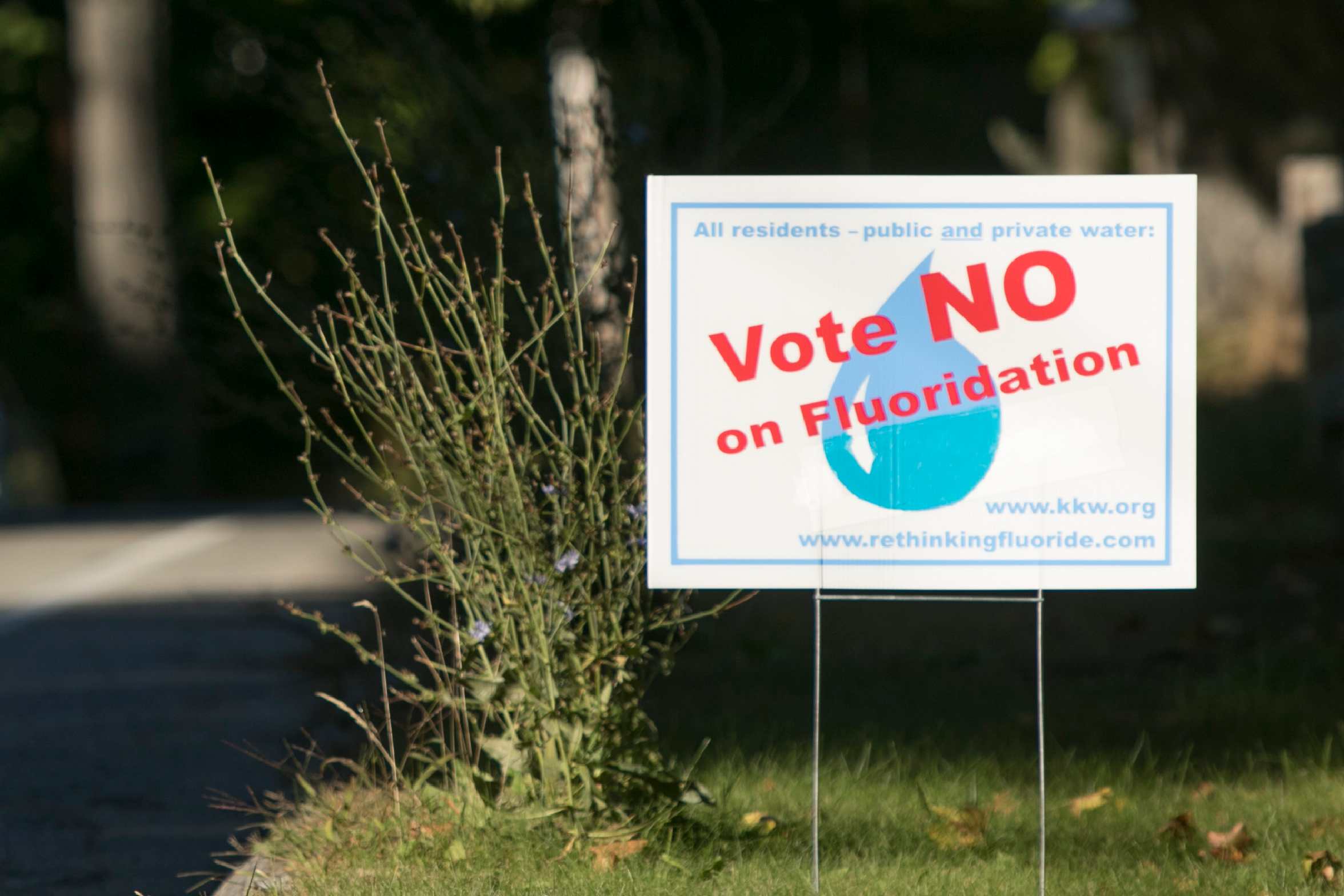…
It is a scenario playing out nationwide. From Oregon to Pennsylvania, hundreds of communities have in recent years either stopped adding fluoride to their water supplies or voted to prevent its addition. Supporters of such bans argue that people should be given the freedom of choice. The broad availability of over-the-counter dental products containing the mineral makes it no longer necessary to add to public water supplies, they say. The Centers for Disease Control and Prevention says that while store-bought products reduce tooth decay, the greatest protection comes when they are used in combination with water fluoridation.
The outcome of an ongoing federal case in California could force the Environmental Protection Agency to create a rule regulating or banning the use of fluoride in drinking water nationwide. In the meantime, the trend is raising alarm bells for public health researchers who worry that, much like vaccines, fluoride may have become a victim of its own success.
The CDC maintains that community water fluoridation is not only safe and effective but also yields significant cost savings in dental treatment. Public health officials say removing fluoride could be particularly harmful to low-income families — for whom drinking water may be the only source of preventive dental care.
“If you have to go out and get care on your own, it’s a whole different ballgame,” said Myron Allukian Jr., a dentist and past president of the American Public Health Association. Millions of people have lived with fluoridated water for years, “and we’ve had no major health problems,” he said. “It’s much easier to prevent a disease than to treat it.”
According to the anti-fluoride group Fluoride Action Network, since 2010, over 240 communities around the world have removed fluoride from their drinking water or decided not to add it.



No you’re wrong. It’s no loaded. Lack of fluoride increased the risk of tooth decay. https://www.msdmanuals.com/home/disorders-of-nutrition/minerals/fluoride-deficiency
Jeez, you really can’t read, can you?
I don’t expect you to be capable of making worthwhile arguments, so I’m just going to end this here.
Goodbye.
The point is that there are people that cannot regularly afford fluoridated toothpaste or for some other legitimate reason cannot brush their teeth as often as is recommended. Fluoridated water is the best and only dental care many Americans get, and it doesn’t carry any harms that are even meaningfully measurable.
What? We put fluoride in water because people can’t afford toothpaste or brush their teeth? That’s news to me.
So you’re saying that there’s no point in having fluoridated water if you have proper dental hygiene?
Nobody said that.
For someone who keeps accusing others of arguing in bad faith you sure do seem to enjoy doing it yourself.
The epidemiological data shows that even people with adequate dental hygiene and healthcare access benefit from fluoridated water. Communities with fluoridated water have lower rates of tooth decay and associated oral diseases across all socioeconomic strata.
No I can read, and I can infer. A useful skill.